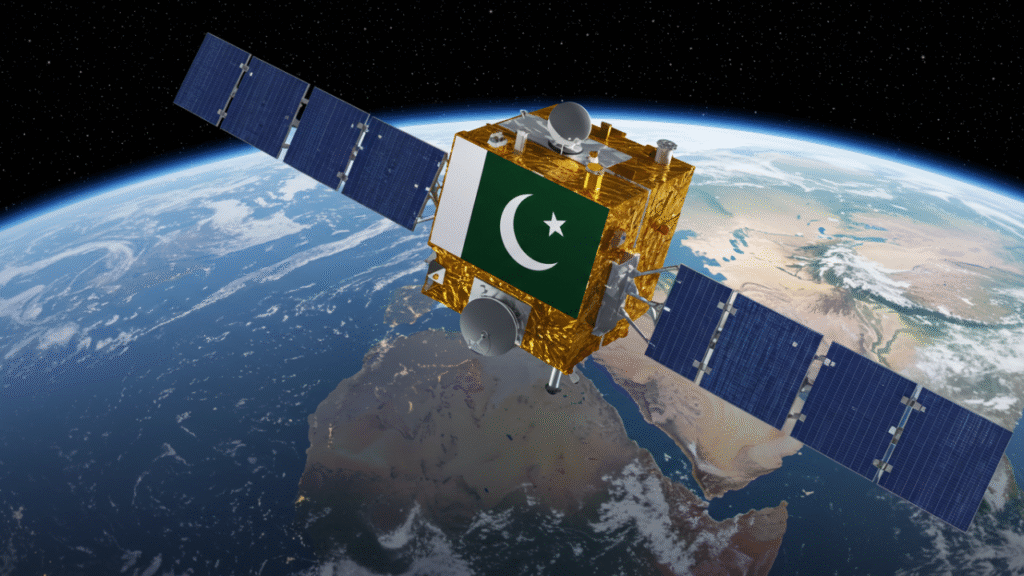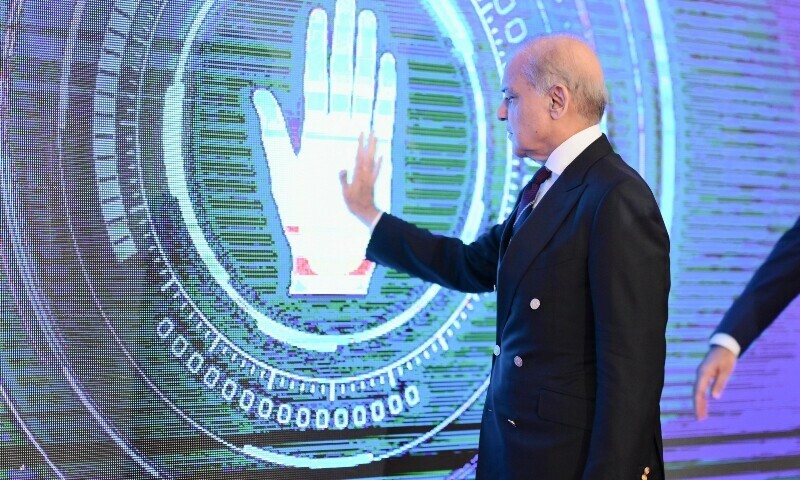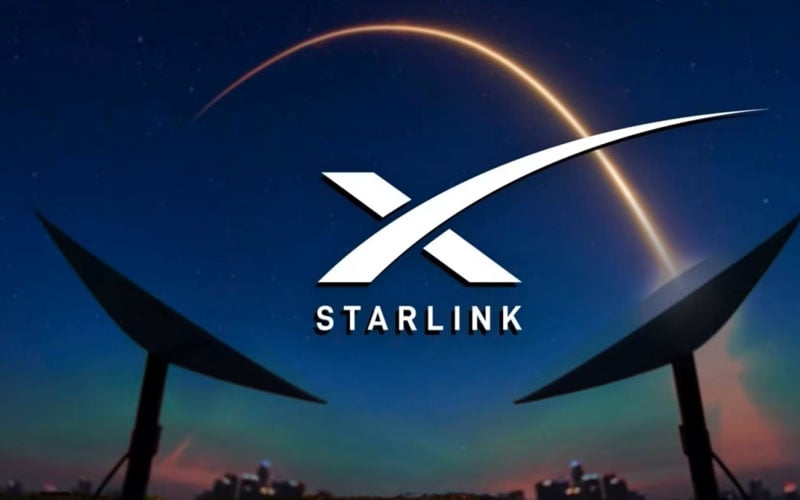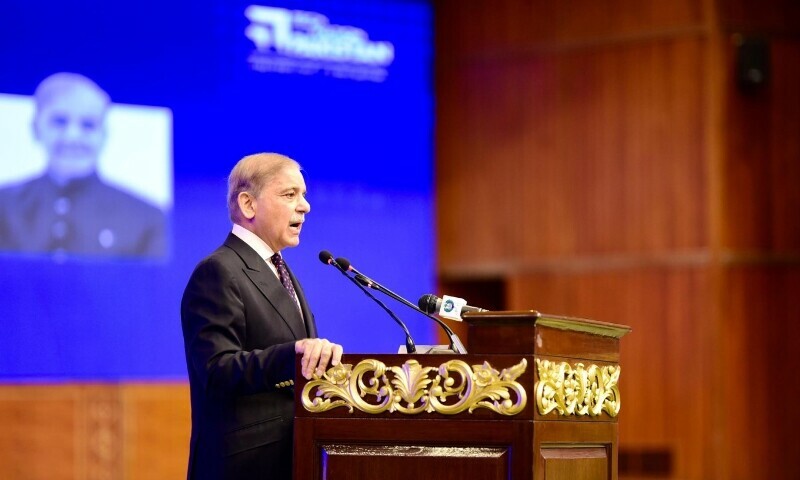SCIENCE & TECHNOLOGY

The country successfully launched a high-resolution remote sensing satellite from China’s Xichang Satellite Launch Centre (XSLC) on Thursday. This major step forward in Pakistan’s technological development aims to bolster agricultural monitoring, urban planning, and disaster response, according to an official statement from the Ministry of Foreign Affairs.
The mission was executed by Pakistan’s national space agency, the Space and Upper Atmosphere Research Commission (Suparco), in partnership with China’s Electronics Technology Group Corporation (CETC) and Microsat China. The project marks another milestone in the strategic cooperation between Islamabad and Beijing.
“In a major milestone for space exploration and technological progress, Pakistan today successfully launched its Remote Sensing Satellite from the Xichang Satellite Launch Centre,” the ministry said.
Capabilities of the Satellite
The newly launched satellite is designed to deliver high-resolution, round-the-clock Earth imaging, and will be instrumental in:
· Agricultural monitoring & food security
· Disaster management & mitigation
· Infrastructure development & urban planning
· Environmental protection & deforestation tracking
· Water resource monitoring & climate change analysis
Officials said the satellite is a key element of a broader Earth observation ecosystem and supports Pakistan’s long-term goals of sustainability and economic resilience.
National and Bilateral Praise
Deputy Prime Minister Ishaq Dar praised the mission, highlighting the exemplary teamwork of engineers and scientists from Suparco, CETC, and Microsat China.
Planning Minister Ahsan Iqbal also congratulated the nation and Suparco on the successful launch, emphasizing the strategic depth of Pakistan-China cooperation:
“We are committed to restoring Pakistan’s leadership in space technology,” Iqbal stated. “With China’s help, we aim to send a Pakistani astronaut into space next year and complete a lunar mission by 2035.”
Suparco Chairman Mohammad Yousaf Khan said the satellite would contribute meaningfully to Pakistan’s socio-economic development, aligned with national priorities in technology and sustainability.
China-Pakistan Space Cooperation
China’s space programme has rapidly evolved, with achievements including the Tiangong space station, lunar sample-return missions, and the BeiDou navigation system. Pakistan has increasingly aligned itself with China’s space initiatives. In May 2025, Pakistan became the first foreign country to join China’s space station training programme, sending two astronauts for training.
Prime Minister Shehbaz Sharif had earlier expressed Pakistan’s intent to deepen space cooperation with China, calling Beijing the country’s “most reliable and strategic partner.”
As Pakistan looks toward future goals—including manned missions and lunar exploration—this satellite launch represents a critical leap forward in both technology and international partnership.




